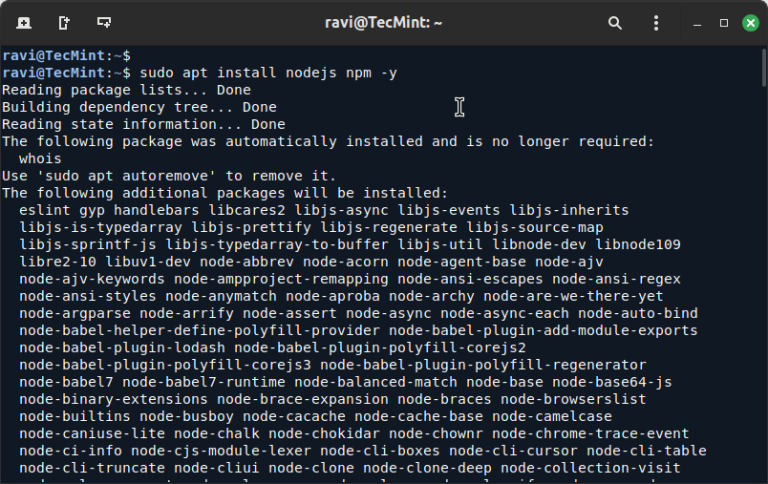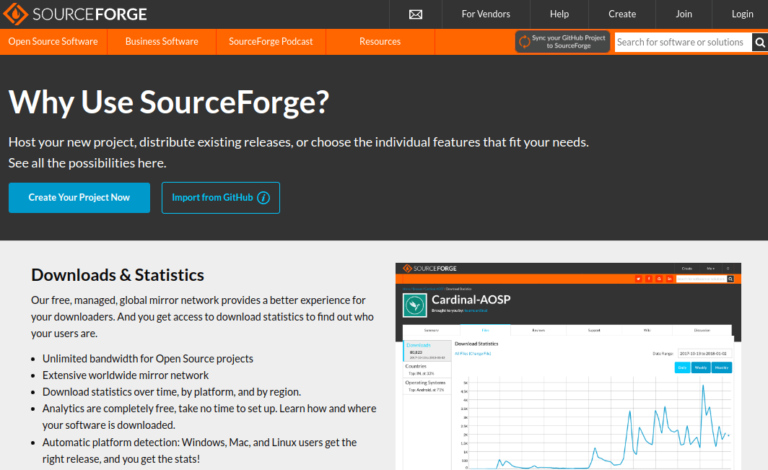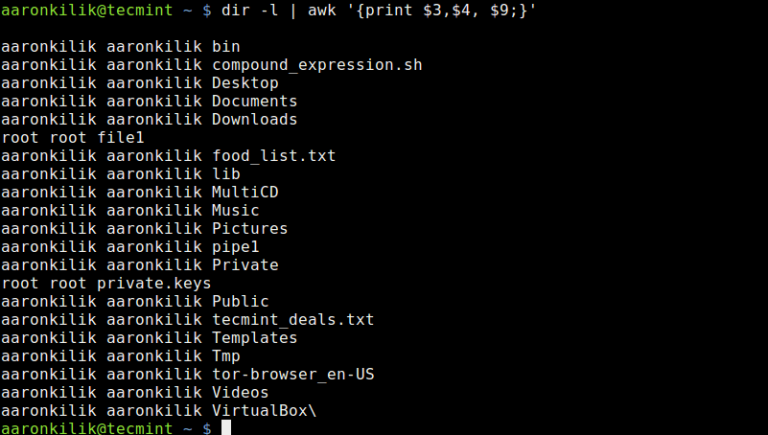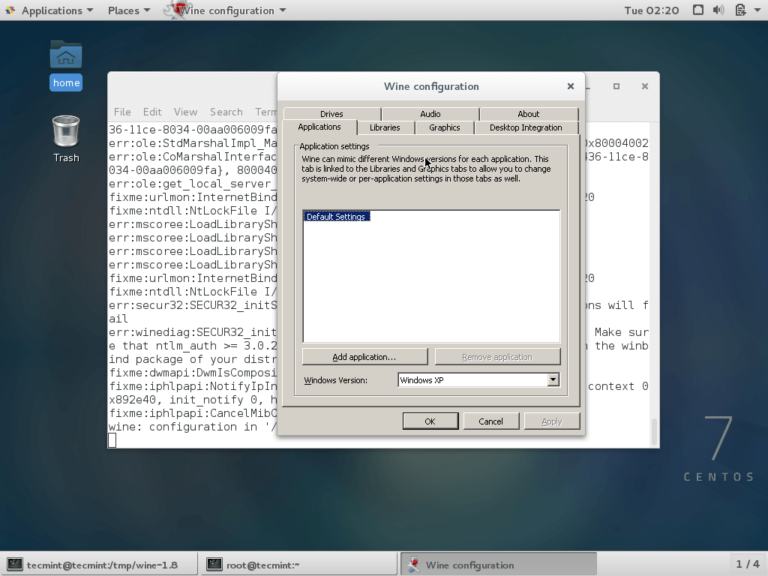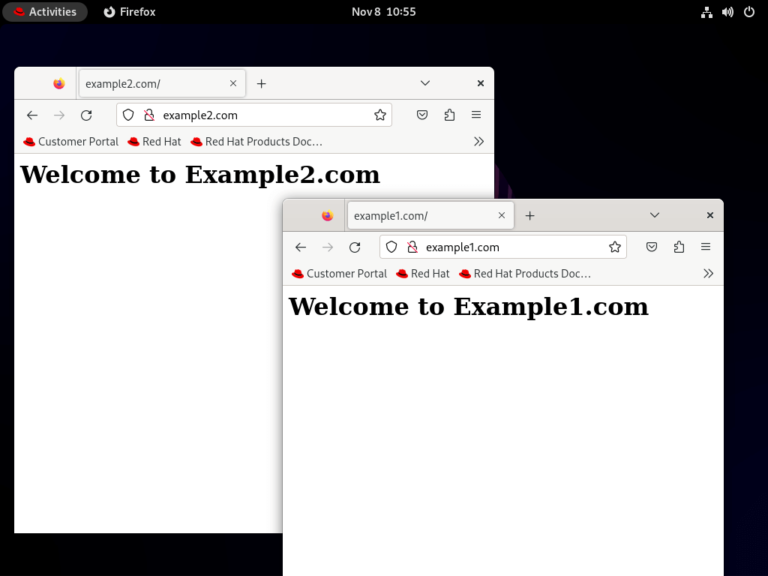Introduction
Traditional API integrations often require building custom connections for every tool and every AI agent—resulting in exponential complexity. MCP simplifies this:
clarifai model upload
from fastmcp import FastMCP
from pydantic import Field
from typing import Annotated, Dict, Any, List
from serpapi import GoogleSearch
from newspaper import ArticleBefore MCP:
M models × N tools = many unique, hard-to-maintain connections.
clarifai model local-runner
After deployment, connect with FastMCP’s client to invoke your tools programmatically:
MCP Architecture: How It Works
pip install fastmcp clarifai newspaper3k google-search-results pydantic
In this guide, you will learn how to build your own custom MCP server using FastMCP, test it locally, and deploy it to the Clarifai platform. By the end, you will be able to create a server that exposes specialized tools, ready to be used by LLMs and AI agents in production environments.
- Integrate with internal or proprietary APIs and systems
- Control the logic, validation, or data returned by their tools
- Optimize performance for specific workloads or compliance requirements
The Model Context Protocol (MCP) is revolutionizing how AI systems interact with external tools, APIs, and data sources. MCP offers a single, unified communication interface, think of it as the “USB-C” for AI integrations. Instead of building and maintaining dozens of unique API bridges, developers can use MCP to connect multiple tools to any compatible AI agent with minimal effort. This not only reduces development time and maintenance but also enables real-time, secure, and scalable access to complex workflows.
Step-by-Step: Building Your Own MCP Server with FastMCP
1. Install All Required Dependencies
clarifai model test-locally --mode container
6. Upload and Deploy Your MCP Server
from fastmcp import Client
from fastmcp.client.transports import StreamableHttpTransportA custom MCP server gives you complete flexibility, maintainability, and performance tuning tailored to your unique workflows.
Client: Any AI system or application (LLM agent, chatbot, workflow engine) that calls external functions.
Server: The MCP server, hosting callable tools (like “fetch sales data,” “run SQL query,” or “extract blog content”) and returning structured results.With MCP, you define a tool once and any compliant AI agent can use it. This shared protocol streamlines both the development and scaling of AI-enabled tools.@server.tool("extract_web_content_from_links",
description="Extracts readable article content from a list of URLs.")
def extract_web_content_from_links(urls: List[str]) -> Dict[str, str]:
extracted = {}
for url in urls:
try:
article = Article(url)
article.download()
article.parse()
extracted[url] = article.text[:1000]
except Exception as e:
extracted[url] = f"Error extracting: {str(e)}"
return extractedexport CLARIFAI_PAT="YOUR_PERSONAL_ACCESS_TOKEN_HERE"
2. Project Structure
After MCP:
M models + N tools = scalable, protocol-driven integrations.
your_model_directory/
├── 1/
│ └── model.py
├── requirements.txt
├── config.yaml
model.pycontains your server logic and tool definitions.requirements.txtlists all Python packages.config.yamlholds deployment metadata for Clarifai.
3. Implement the MCP Server and Tools
@server.tool("keyword_research",
description="Performs keyword research and returns suggestions.")
def keyword_research(topic: str) -> List[Dict[str, Any]]:
autocomplete_params = {"api_key": SERPAPI_API_KEY, "engine": "google_autocomplete", "q": topic}
search = GoogleSearch(autocomplete_params)
suggestions = [item['value'] for item in search.get_dict().get('suggestions', [])[:5]]
return [{"keyword": k, "popularity": "N/A"} for k in suggestions] # Add trend integration as needed
ttps://api.clarifai.com/v2/ext/mcp/v1/users/YOUR_USER_ID/apps/YOUR_APP_ID/models/YOUR_MODEL_ID
By following this guide, you can develop, test, and deploy a custom MCP server tailored to your business or research needs. MCP’s protocol-first architecture allows your agents to access a universe of internal and external tools without custom integrations for every use case. Using frameworks like FastMCP, you can expose high-value functionality, ensure compatibility with leading AI models, and scale your deployments confidently.
Interacting with Your MCP Server
Off-the-shelf MCP servers exist for popular platforms like GitHub, Slack, or Notion. But many organizations need to:
@server.tool("multi_engine_search",
description="Search and return top 5 article/blog links.")
def multi_engine_search(query: str, engine: str = "google", location: str = "United States", device: str = "desktop") -> List[str]:
params = {"api_key": SERPAPI_API_KEY, "engine": engine, "q": query, "location": location, "device": device}
search = GoogleSearch(params)
results = search.get_dict()
return [result.get("link") for result in results.get("organic_results", [])[:5]]async with Client(transport) as client:
tools = await client.list_tools()
result = await client.call_tool("multi_engine_search", {"query": "AI in medicine"})
print(result)
MCP in the Real World
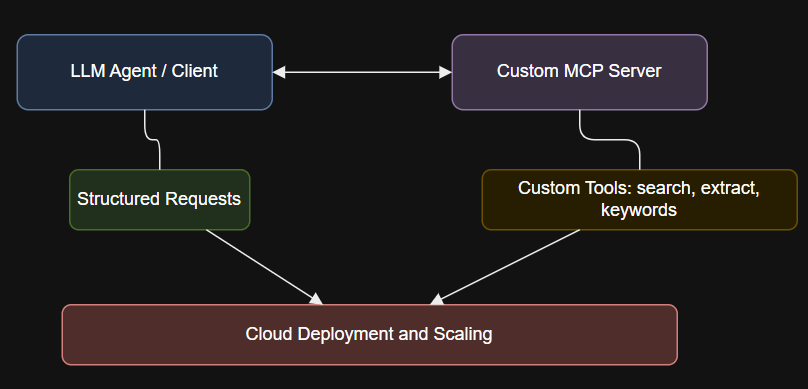
Conclusion
build_info:
python_version: '3.12'
inference_compute_info:
cpu_limit: '1'
cpu_memory: 1Gi
num_accelerators: 0
model:
app_id: YOUR_APP_ID
id: YOUR_MODEL_ID
model_type_id: mcp
user_id: YOUR_USER_ID
requirements.txt Example:
clarifai
fastmcp
mcp
requests
lxml
google-search-results
newspaper3k
anyio
5. Test Your MCP Server Locally
You can use the Clarifai CLI to simulate and debug your server:

